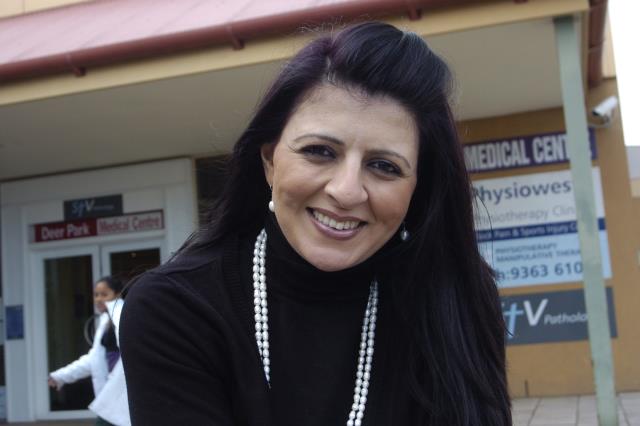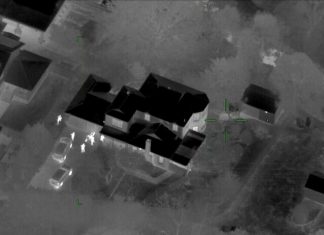By Olivia Condous
A report from Victorian integrity agencies has found Kororoit MP Marlene Kairouz engaged in “egregious” behaviour during her involvement in the Victorian Labor Party’s misuse of public resources.
The Victorian Ombudsman and the Independent Broadbased Anti-corruption Commission (IBAC) conducted a co-ordinated investigation, Operation Watts, after allegations of misuse of electorate and ministerial office staff and resources for branch stacking came to light in 2020.
In the report, Ms Kairouz was found to have breached the Code of Conduct for Ministers and Parliamentary Secretaries and the Members of Parliament Code of Conduct through her involvement.
The Kororoit MP was named as one of the main offenders in the large-scale branch stacking, along with Adem Somyurek who is now an independent south eastern metropolitan MP but left the Labor Party following the scandal becoming public.
The report detailed Ms Kairouz’s misconduct, which involved paying thousands of dollars each year for party memberships in her branch and using officers to recruit more members, many of whom were part of multicultural communities and did not have English as their first language.
Parliamentary members or aspiring MPs engaged in branch stacking in order to increase the power of the Moderate Labor faction within the party, the report said.
Ms Kairouz is still the current member for Kororoit and remains in the party, but is no longer the endorsed candidate for Labor, with Luba Grigorovitch contesting the seat at November’s state election.
Ms Kairouz was formerly the consumer affairs, gaming and liquor regulation minister but stepped down from her ministry in 2020.
The report made 21 recommendations for the government to adopt in order to prevent further misconduct and cited a lack of adequate framework to hold MPs accountable for their actions as an issue.
Victorian Ombudsman Deborah Glass said the current legislative framework provided little to no consequences for abusing public resources and allowed the conduct revealed in the investigation to continue unchecked.
“Trust in our politicians is declining and will decline further if real action is not taken. The case for meaningful reform is now both compelling and urgent,” she said.
“The majority of members of parliament genuinely seek to advance the public interest. We strongly encourage them to demonstrate this by supporting these reforms.”
Following the release of the report, the state government responded by announcing it would support and implement all 21 recommendations as well as adding three additional changes, to improve public trust and lift political standards.
The reform to be implemented include the establishment of a Parliamentary Integrity Commissioner and a joint Parliamentary Ethics Committee, that will oversee all political parties.
MPs will also now be banned from employing close family members in their electorate officers and political parties will need to meet stricter requirements to qualify for public funding.
Victorian premier Daniel Andrews said Victorians deserved to have confidence in the political parties and public institutes that served them.
“This report and the significant reforms it has driven are absolutely critical. That’s why we’re going to implement all of the IBAC’s recommendations – and go beyond them.”







